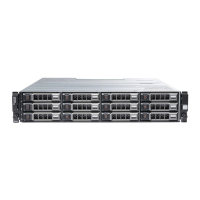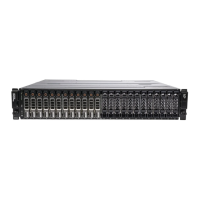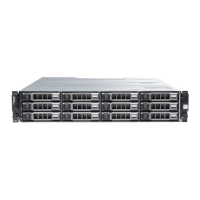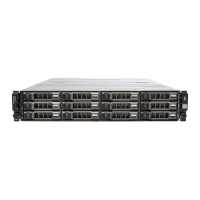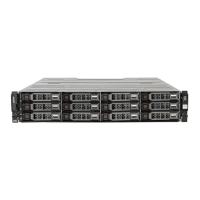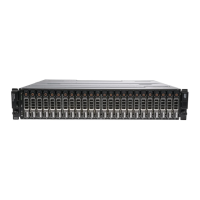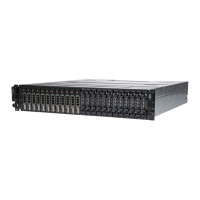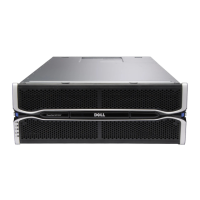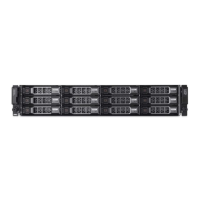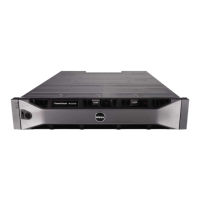Introduction 5
1
Introduction
The Dell PowerVault Modular Disk (MD) storage arrays provide an industry
standard application programming interface (API) called the Storage
Management Initiative Specification (SMI-S). This interface enables third
party SMI-S client applications to manage MD storage arrays in a multi-vendor
storage area network (SAN) environment.
SMI-enabled management applications are known as CIM clients. To allow
clients to manage a storage device, an SMI-S Provider (also called SMI-S
Agent or CIM Agent) is required. SMI-S Providers can be implemented as:
• A proxy interface that translates the existing API of a device to an SMI-S
compliant interface. This implementation is the quickest path to SMI-S
compliance, but a proxy provider and a Common Information Model
Object Manager (CIMOM) must be installed on a server. A CIMOM is a
CIM/WBEM infrastructure that receives, validates, and authenticates
CIM requests from the client application. The CIMOM directs the
requests to the appropriate device provider.
• A native feature of the storage device API. This implementation is
sometimes referred to as an
embedded agent
.
Dell MD SMI-S Provider is implemented as a proxy interface. The Dell
SMI-S Provider, referred to as SMI-S Provider, runs on a server on the storage
network. OpenPegasus CIMOM is installed during the installation of this
SMI-S Provider.
The SMI-S Provider provides the SMI-S interface to the Dell PowerVault
Modular Disk storage array family. The provider uses the proxy CIM Agent
model and is supported on Microsoft Windows and Linux platforms only. For
more information about the platform versions, see the Support Matrix for the
MD storage arrays at support.dell.com/manuals.
book.book Page 5 Thursday, February 10, 2011 12:14 PM
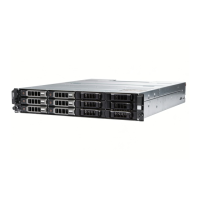
